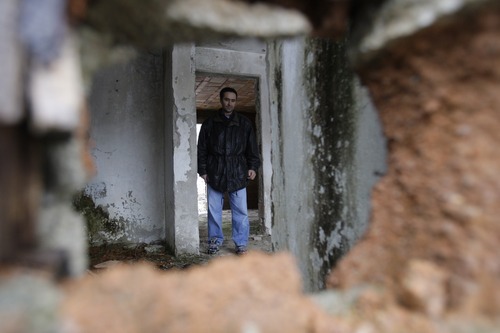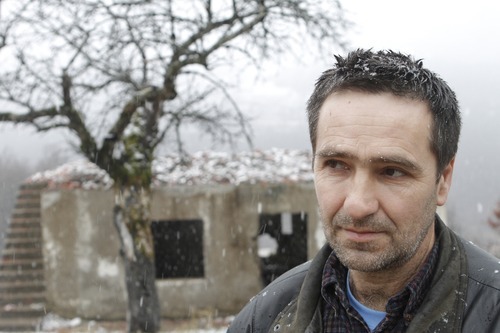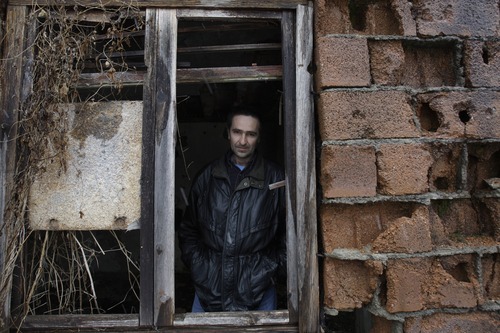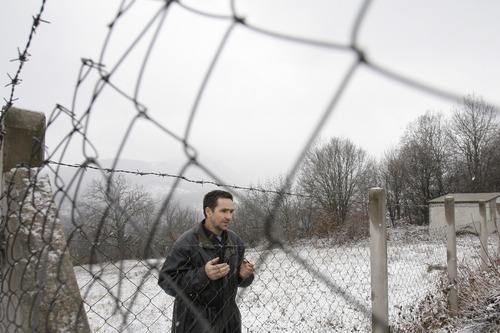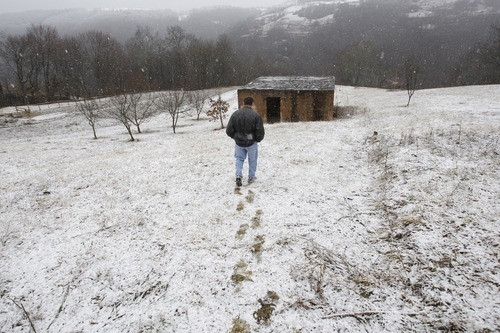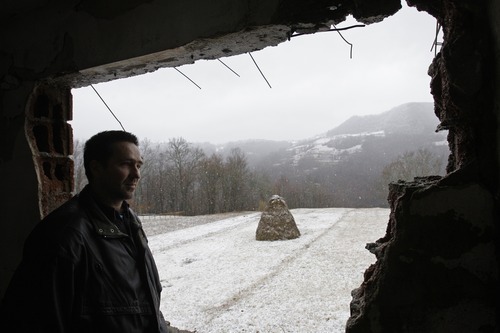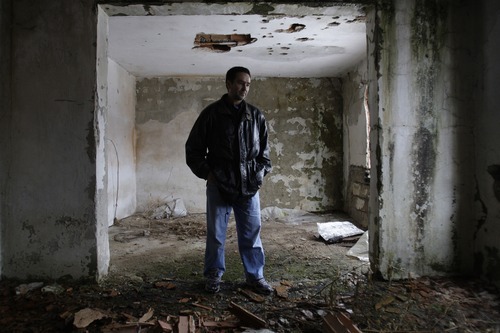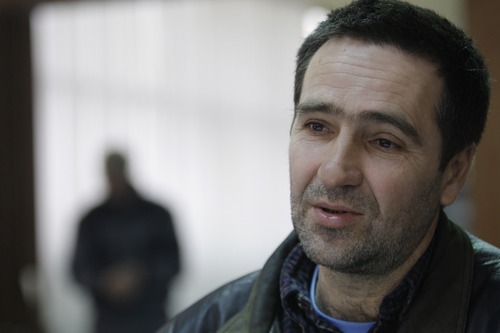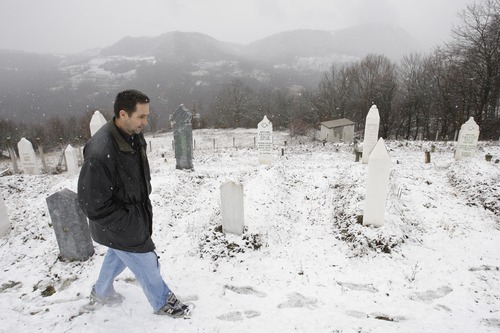This is an archived article that was published on sltrib.com in 2012, and information in the article may be outdated. It is provided only for personal research purposes and may not be reprinted.
Talovici, Bosnia-Herzegovina • Only a few families live in this village two decades after its homes were blasted to rubble by the Bosnian Serb army.
The remains of a mass grave are visible along the road, and, up a steep hill from his childhood home, Sulejman Talovic's body is buried in a family cemetery.
It's a landscape that Suljo Talovic, the father of the Trolley Square killer, longs for, even as he, his wife and four daughters live an hour away in another town, where he can find intermittent work.
Talovici and its bleak reminders, he said, would suit his life of "shame and sorrow."
Five years later, the horror inflicted in Salt Lake City by his 18-year-old son continues to shadow Talovic. He has never learned his son's motive. The FBI and Salt Lake City Police Department issued final reports a year after the massacre, but the answers weren't there.
"Only God knows why he did that, but if I could bring back my son and the five people he killed by burying myself alive, I would gladly do it," said Talovic, 47, his shoulders hunched and eyes filled with tears.
"I keep replaying in my eyes the sadness, the tragedy of the parents of the 15-year-old girl he had killed," Talovic said, speaking of Kirsten Hinckley, one of the people shot by Sulejman Talovic before police shot him dead.
"We carry on our soul the lost lives of the five people [Sulejman] killed in America."
The Talovic family had seen much suffering even before moving to Salt Lake City. They fled Talovici in 1993 as invading Bosnian Serb forces "cleansed'' eastern and northern Bosnia of Muslims and Croats. The Talovics are Muslim; they and their neighbors hid in the hills and went without food for days at a time.
The family, which had already lost an infant son, saw their baby girl die for lack of medicine during the war. They emigrated to Utah in 1998 because other family members had settled there.
Suljo Talovic worked in construction and his wife, Sabira Talovic, worked for a time at EnergySolutions Arena. They had their third daughter and bought a home near the Fairpark in Salt Lake City.
Neighbors described them as a generous, devout family, even as they regarded the oldest child, Sulejman, as a loner.
In the weeks after his son's rampage, Suljo Talovic thanked Salt Lake City residents for their compassion; donations helped the family travel home to Bosnia to bury their son.
Indeed, at his son's funeral in Talovici a month after the Trolley Square shootings, Suljo Talovic said he was so touched by Utahns' support that he would never leave Salt Lake City.
Shame, grief and the never-ending public spotlight, however, led the family to move back to Bosnia in the spring of 2008.
The couple, whose fourth daughter was born after they returned to Bosnia and Herzegovina, now live in Kalesija, a small town about 38 miles from Talovici, and roughly 90 miles northeast of Sarajevo.
Sabira Talovic had heart surgery after returning to Bosnia, and spends her days "sitting at home, brooding," her husband said. The girls, who speak fluent English, are in school.
Neither his wife nor daughters wanted to speak publicly. Likewise, Suljo's sister, who still lives in Salt Lake City, declined to comment about how the family is faring.
It's a constant fight, now, to put food on the table, but it's what keeps him going, Talovic said.
"The only reason why I live is because I must take care of my family."
Tribune reporter Kristen Moulton contributed to this story.


